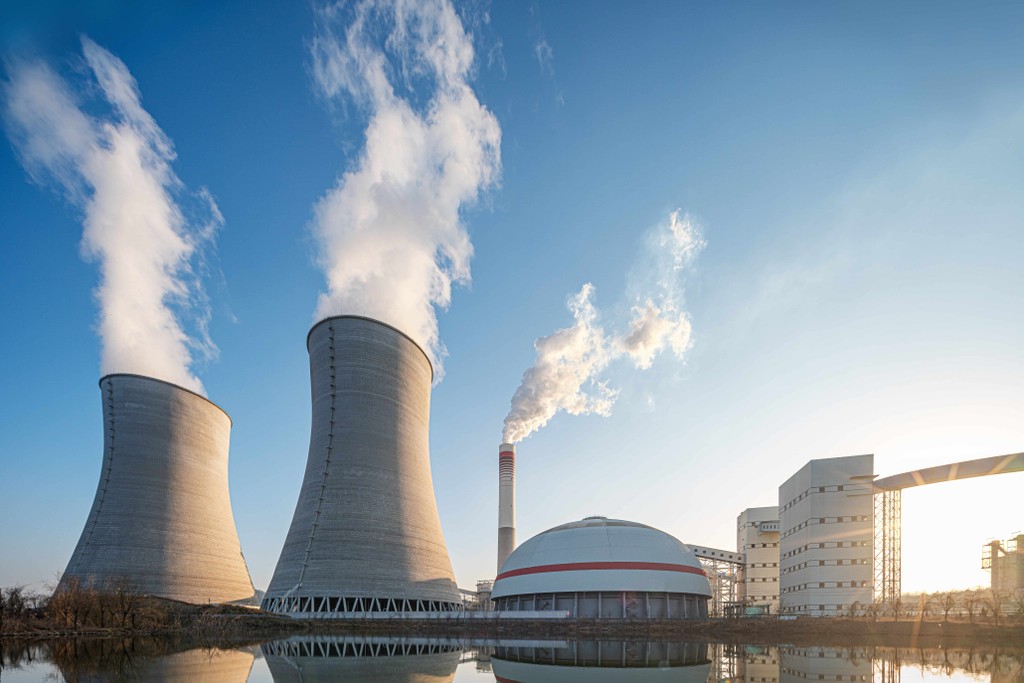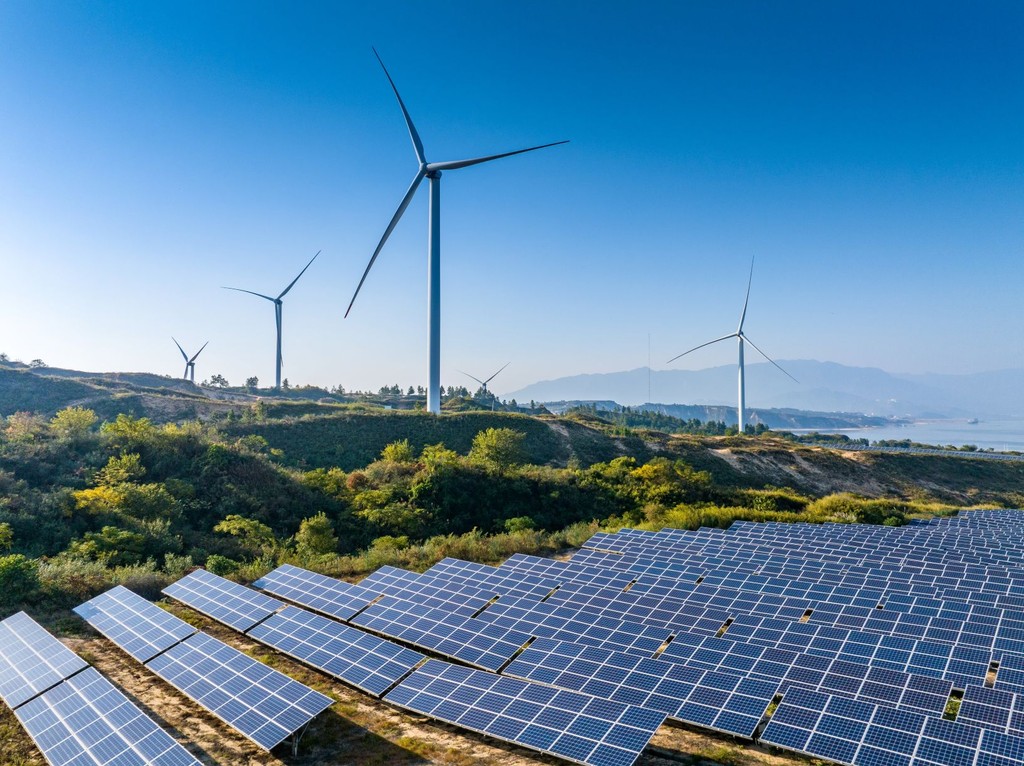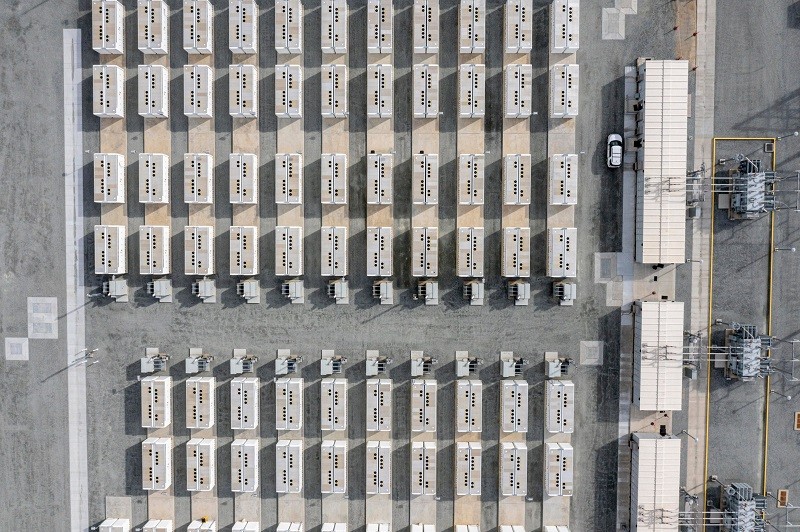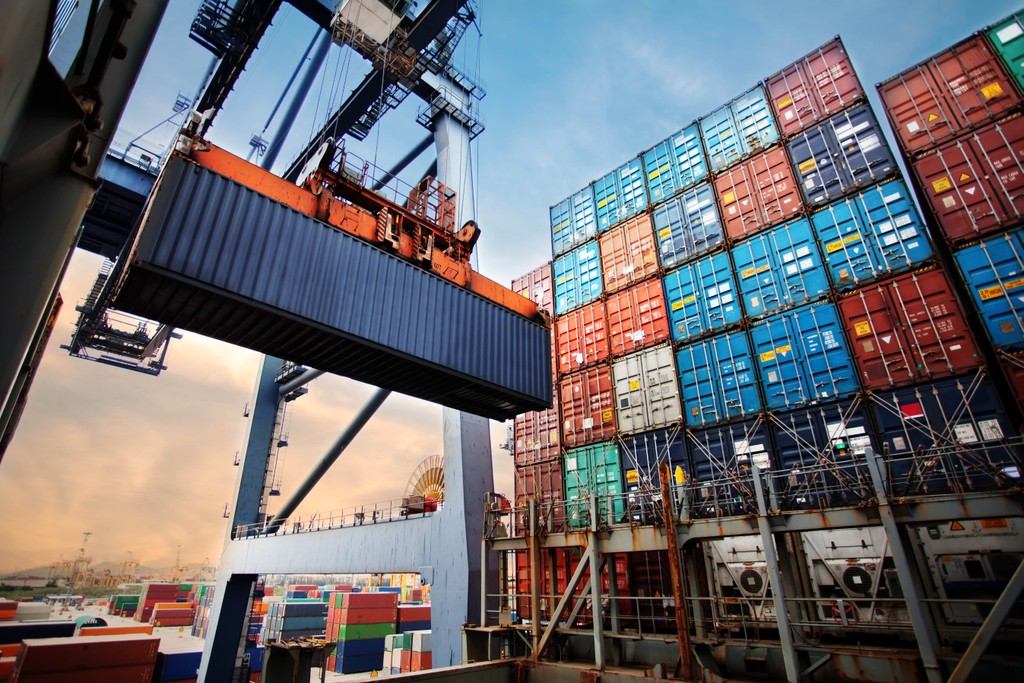By Sunny Park, BloombergNEF Summit Deputy Director
India is on track to meet its 2030 climate target of having low carbon technologies account for 50% of power generation capacity this year, five years ahead of schedule. The country’s clean energy and electric mobility sectors continue to grow, and at least 10 major clean-tech companies went public in 2024 alone.
Yet, this momentum coincides with growing challenges. India’s power demand is predicted to reach a peak of 370 gigawatts in 2025, an 8% increase from last year, driven by urbanization, electrification, expanding data centers, and increasingly erratic weather patterns. These dynamics are pushing the country to pursue more stable and predictable power alternatives, including those that run on fossil fuels.
At the BNEF Summit in New Delhi, we will convene policy makers, corporate leaders, and technology innovators to reflect on this moment of inflection. Sessions will unpack the global context, including trade and tariff policies, and explore how Indian companies are navigating these pressures while seizing domestic and international opportunities.
Discussions will focus on three core themes:
Energy transition strategies for India
India’s clean energy sector is transforming rapidly to meet surging electricity demand fueled by EV adoption, industrial electrification, and AI-driven digital infrastructure. To keep pace, the country is expanding its renewable fleet, implementing performance-linked manufacturing incentives and attracting foreign capital through competitive auctions. At the same time, global oil and gas companies invested $33.4 billion in the energy transition in 2024, providing valuable insights for Indian firms navigating similar paths.
Technology cost reductions, such as a 20% drop in lithium-ion battery pack prices in 2024, are reshaping the economics of energy storage and grid reliability. The Summit will examine how India can strengthen its global competitiveness in clean energy manufacturing, accelerate solar innovation, and unlock demand-side and storage solutions that support both decarbonization and growth.
Electrification of mobility
India’s electric vehicle (EV) market is booming from two- and three-wheelers to passenger cars, commercial vehicles and buses. In 2024, electric two-wheeler sales surged by 34% to 1.2 million units. Profitability remains a challenge, however, especially in the two-wheeler segment, where intense competition and low-cost models have squeezed margins. Meanwhile, infrastructure gaps and high upfront costs continue to slow broader adoption.
Despite these hurdles, momentum remains strong. This is a critical moment to examine how India can accelerate its EV transition by scaling domestic manufacturing, closing infrastructure gaps, and adopting innovative business models. Discussions will assess the role of policy, financing, and innovation to support sustainable mobility at scale.
Financing India’s power transition
India’s clean energy buildout requires more capital than ever, especially to deliver on the 59 gigawatts of renewable capacity auctioned in 2024. In total, $25 billion was raised for clean energy last year with a sharp uptick in the second half driven by private equity, venture capital, green bonds and project refinancing. Independent power producers raised nearly $2 billion in combined refinancing and equity funding to meet growing corporate demand for clean power.
Public markets remained active despite broader volatility, with 10 major clean energy and e-mobility firms going public in 2024 and more in the pipeline. As complex projects such as solar-wind-storage hybrids proliferate, financing mechanisms are becoming more sophisticated to manage new risks. Throughout the Summit, we will spotlight where capital is flowing, which models are proving to be resilient, and where the next investment opportunities lie in India’s evolving clean power landscape.
Join us in New Delhi
India stands at a pivotal moment in its energy transition journey. At the BNEF Summit New Delhi on August 22, 2025, we’ll bring together policy makers, business leaders, investors, and innovators to explore the challenges and opportunities ahead. Don’t miss this chance to delve deeper into India’s clean energy transformation, share insights with like-minded peers, and help shape a more sustainable energy future. Join us to be part of the conversation and the community driving the transition forward.






